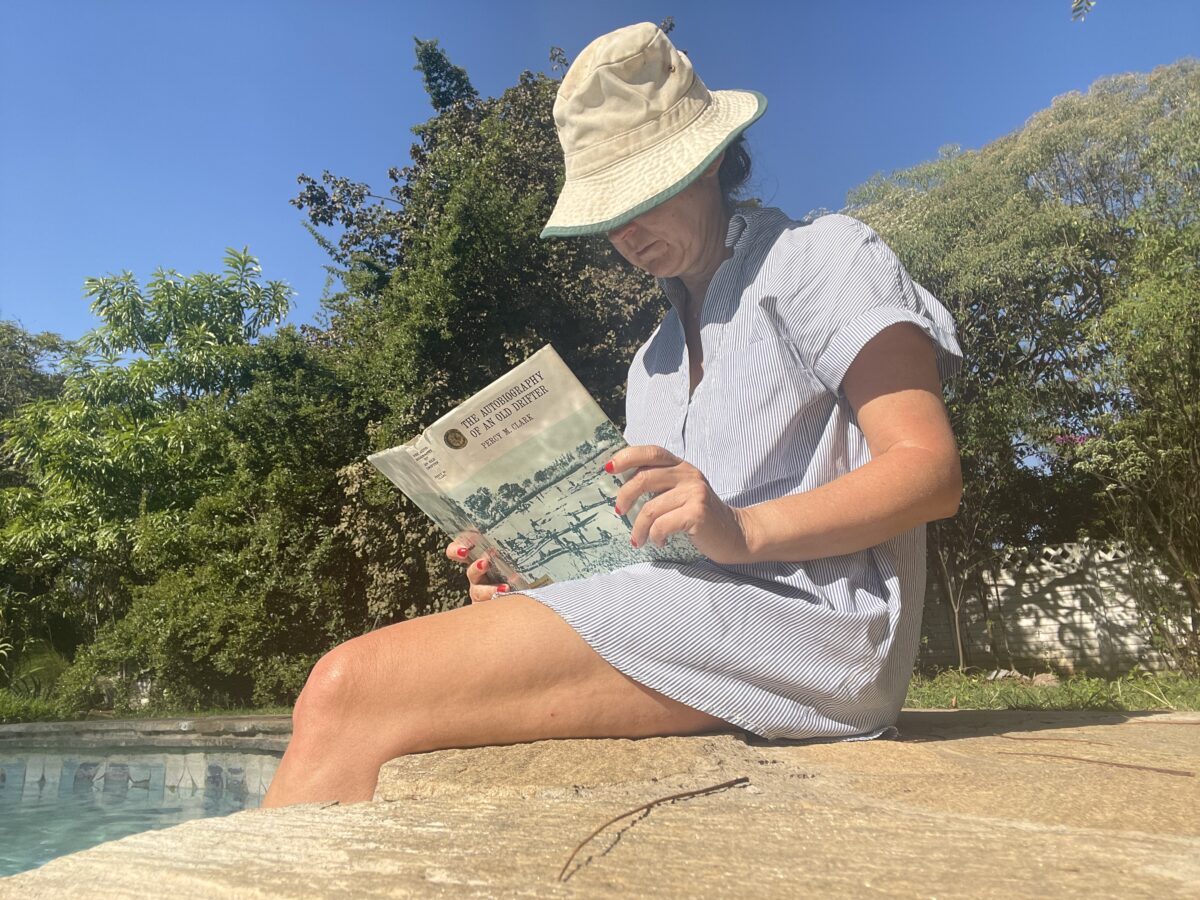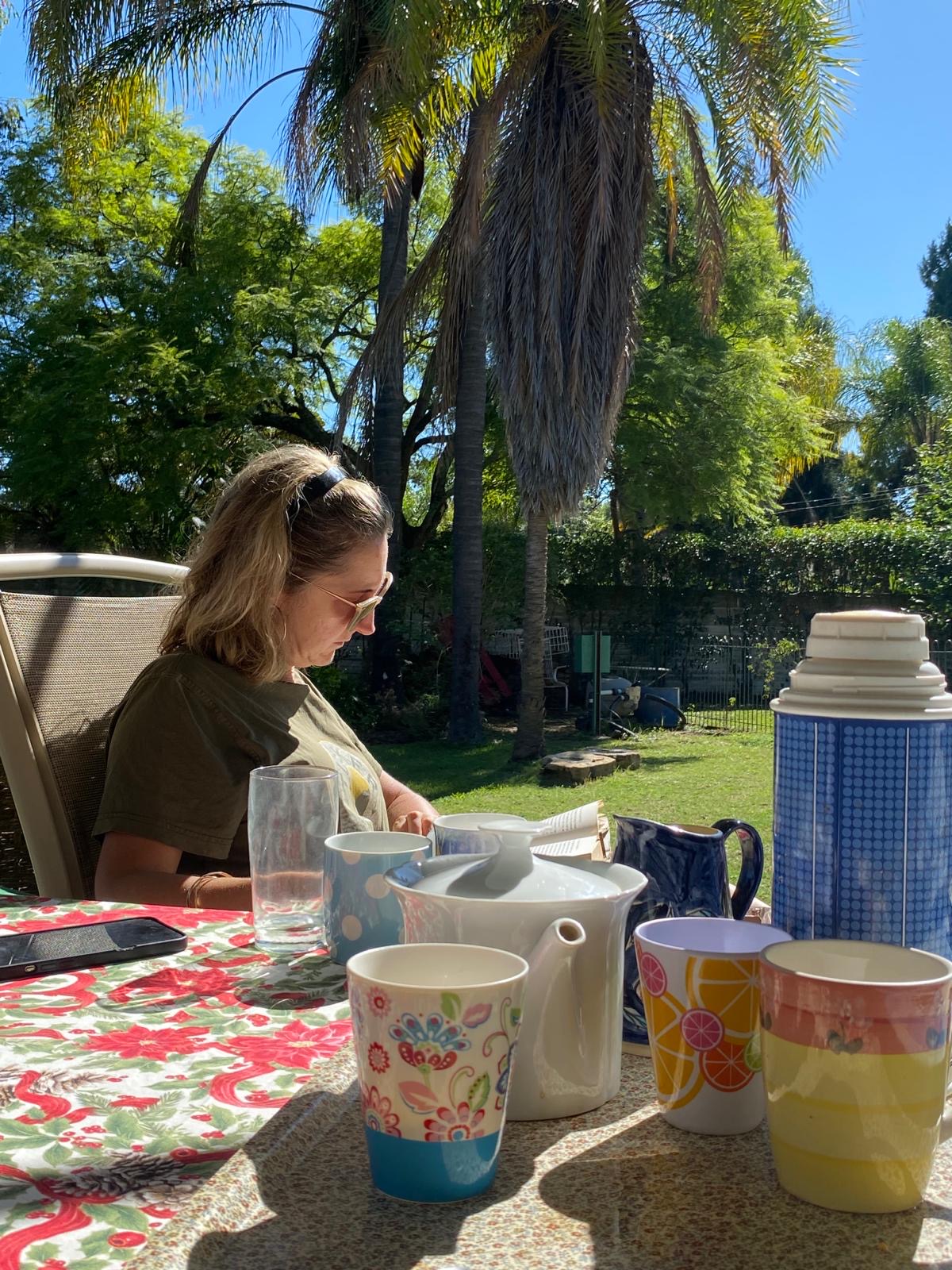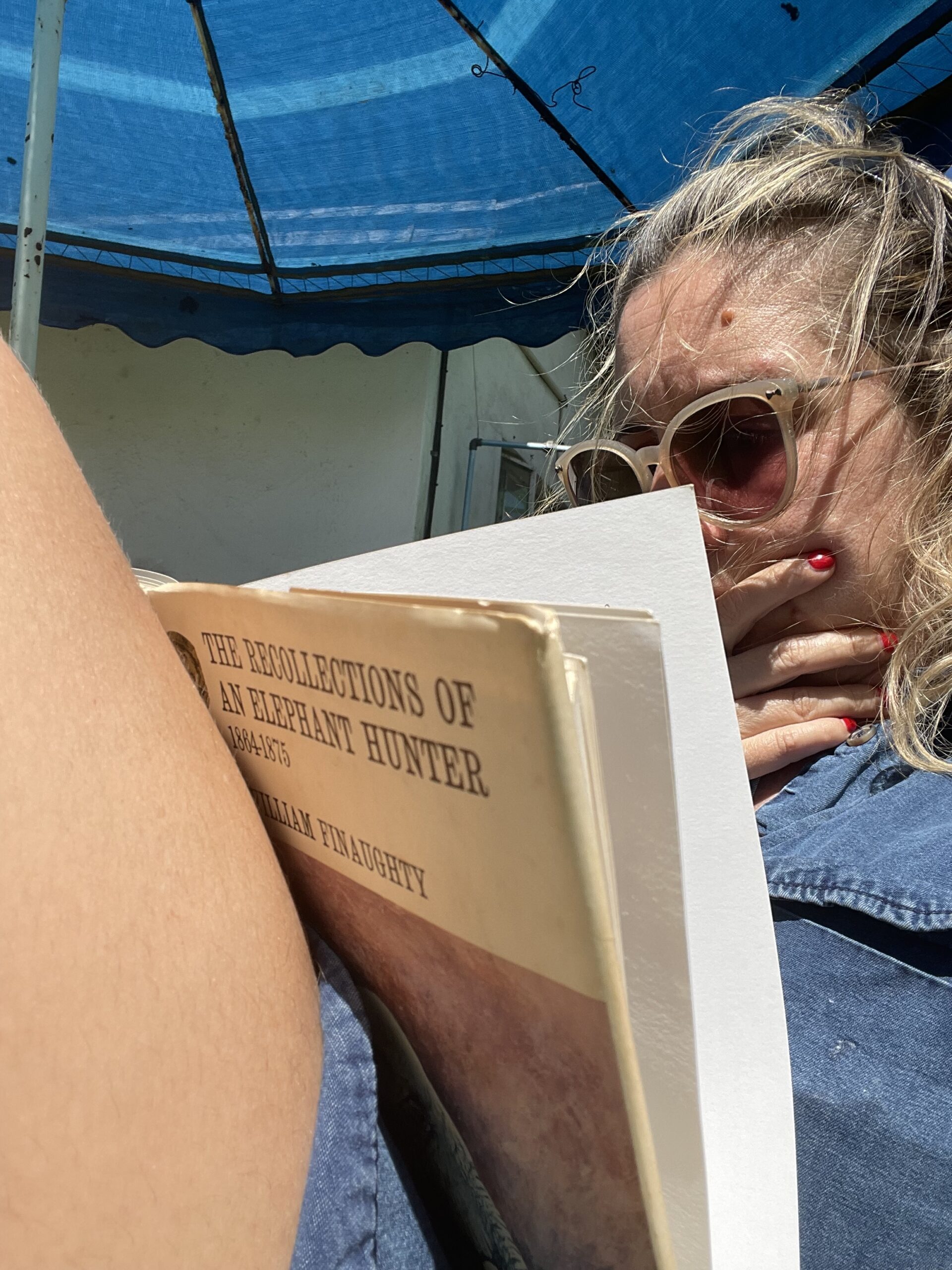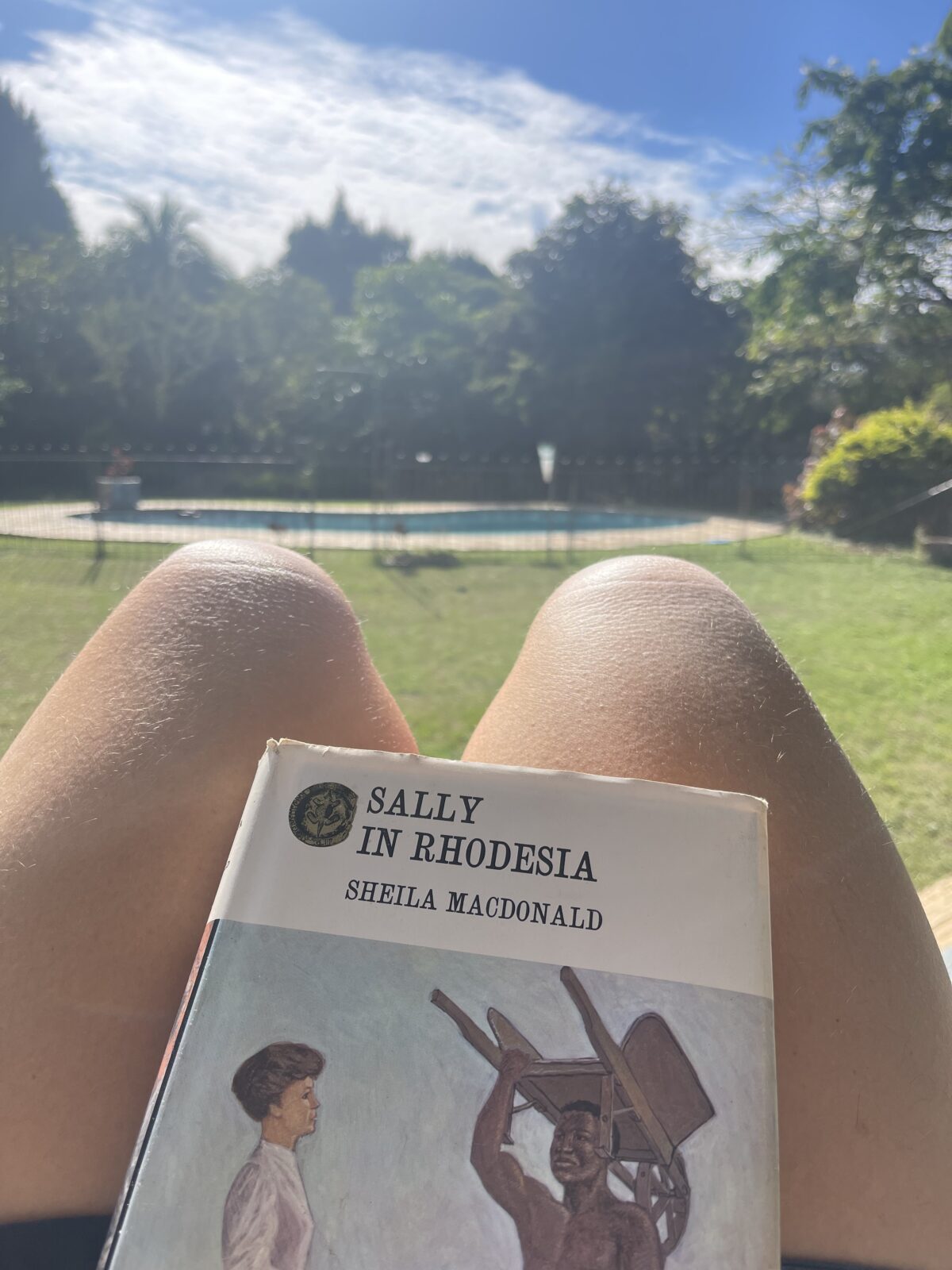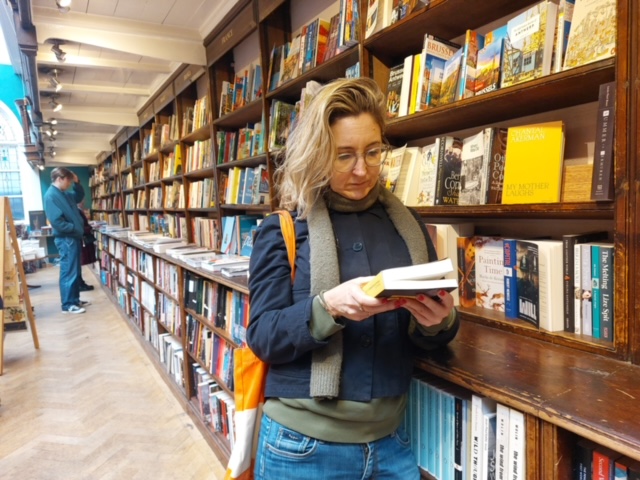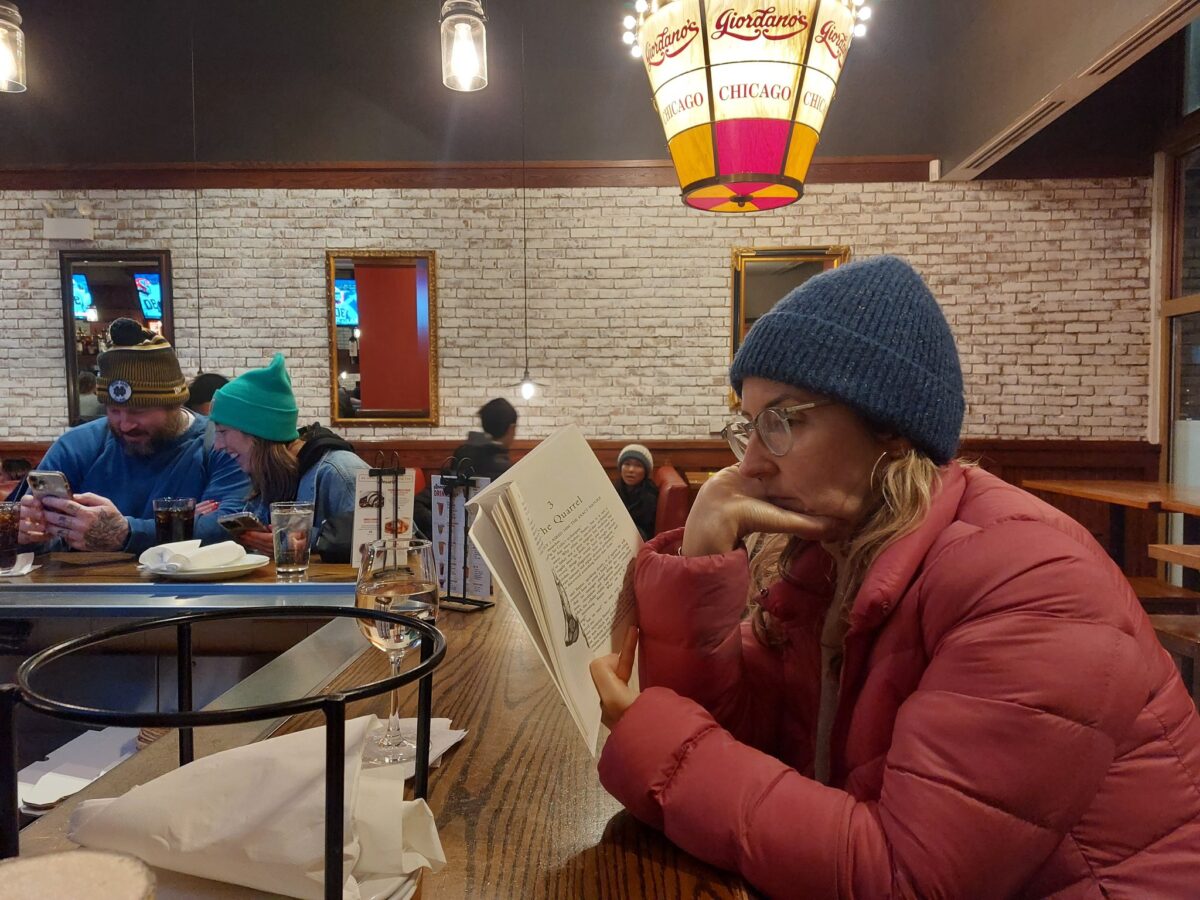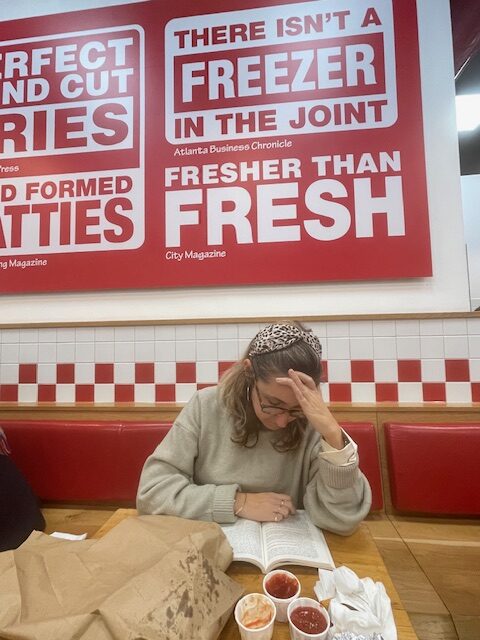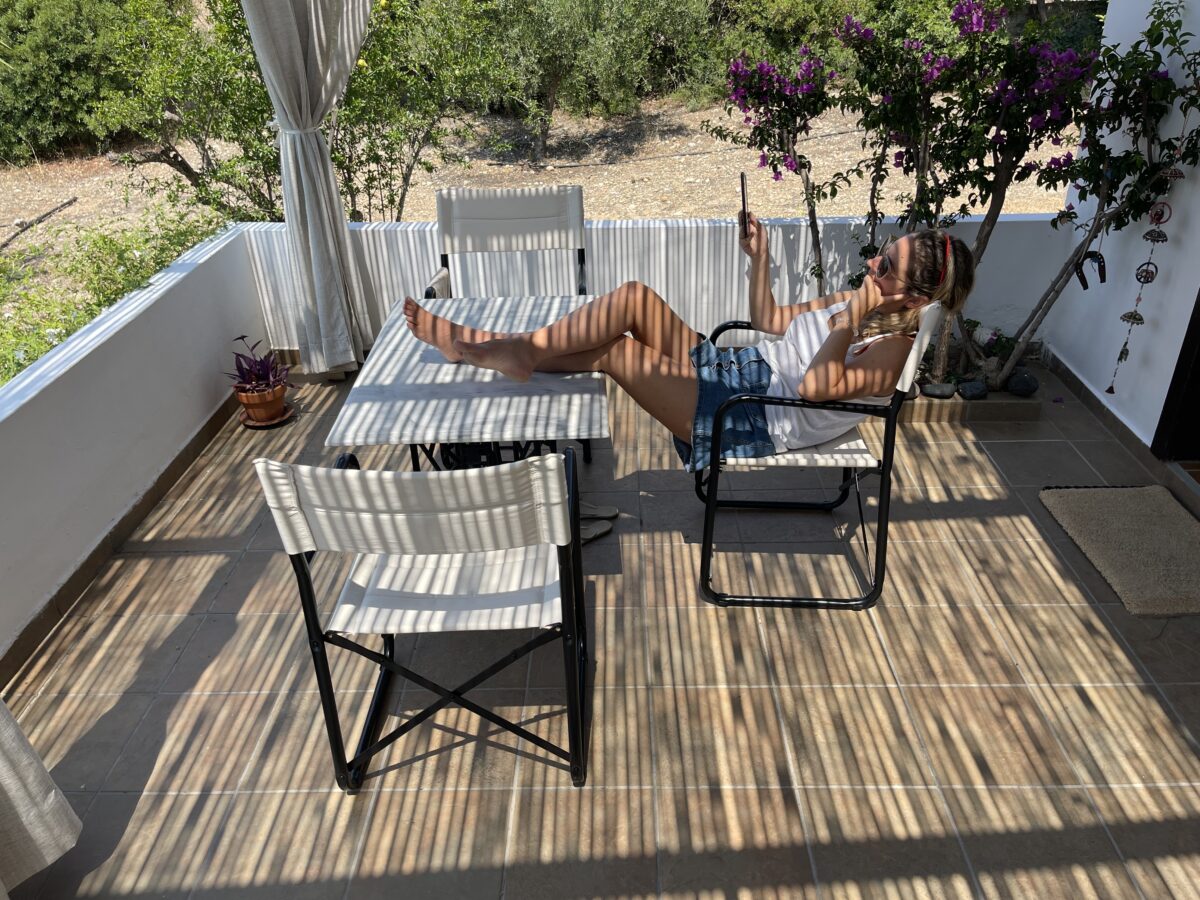To say this is a memoir by the daughter of Steve Jobs does the book a disservice. It certainly is that, and you do learn some scuttle-butt about Steve Jobs (who does seem to be a really weird guy), but what is mostly interesting is the very real, detailed effort to re-create a specific childhood.
It is a real mystery of the memoir form how any life – no matter how foreign – told with enough specificity, becomes relatable. This specific child was born to a pair of hig school sweethearts. The mother decides to keep her, and is a loving parent, but also struggles very much with what she has given up in doing so. The father eventually accepts paternity after a DNA test, and agrees child support amounts just days before a little computer company he founded goes public, making him a multi-millionaire.
This makes it sound like a bitter book, but it’s not really. I enjoyed it.


